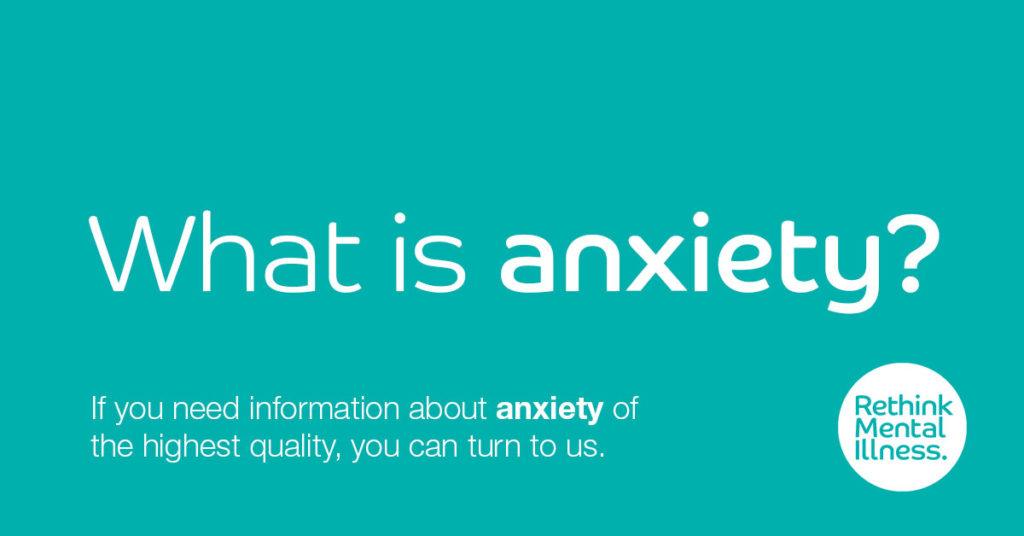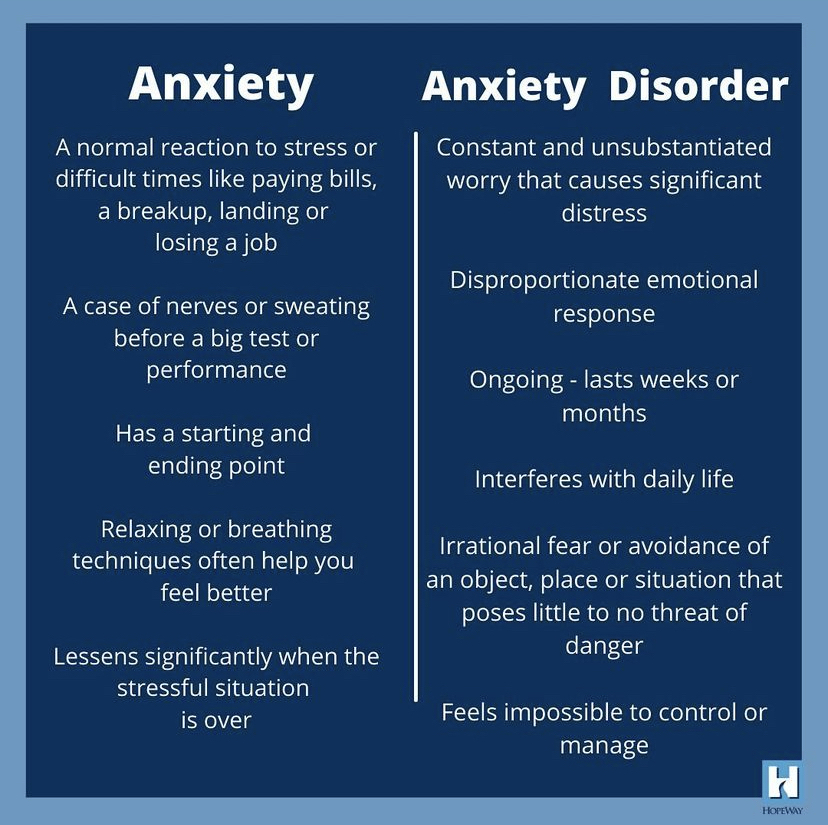What Causes Panic Attacks and How Can You Prevent Them?


Panic Attacks and How to Prevent Them
True panic attacks are very hard to deal with because it produces a sudden episode of intense fear and anxiety on the brain.
Each panic attack is caused by something different. Each attack originates from a different source such as anxiety, bad news, stress and other triggers.
It is a reaction to an intense trigger or stressor, which could be the death of a loved one, the loss of a job or even the fear of being in public.
Panic attacks are not dangerous, but they can be very frightening and traumatic and some can get bad enough that they will make you think that you are dying. But your not.
They are often accompanied by physical symptoms like chest pain, heart palpitations, dizziness and trembling.
These symptoms can make it difficult to function normally during the attack.
There are many ways to prevent panic attacks from happening in the first place.

What Can Trigger Panic Attacks
If you know what causes them for you, then you can take steps to avoid those triggers as much as possible.
You should also learn how to manage your stress levels and engage in relaxation techniques like yoga or meditation so that you don’t have an attack when your body is already stressed out from other factors.
Panic attacks are characterized by a sudden sense of terror, combined with physical symptoms like increased heart rate, shaking, and difficulty breathing.
These attacks can happen to anyone at any time and can be triggered by a number of different factors. The most common causes for panic attacks include:
– Stressful life events
– Anxiety
– OCD
– Everyday stress
– Mental health conditions (such as depression or anxiety)
– Substance abuse
– Medical conditions (such as hyperthyroidism)
– Physical conditions (such as anemia or asthma)
– Fast heart rate
– Medications that can cause panic attacks
– A traumatic event in the person’s past
Panic Attack Symptoms
Panic attacks are sudden feelings of intense fear, dread, or terror. They can occur from triggers or for no reason at all and without warning.
There are many different causes of panic attacks, but the most common is anxiety.
Anxiety often stems from traumatic events and can be caused by a variety of factors such as genetics, stress levels, or lifestyle choices.
Panic attack symptoms include shortness of breath, heart palpitations, chest pain or discomfort, nausea or stomach cramps, tingling sensations in the hands or feet (paresthesia), dizziness and feelings of unreality (depersonalization), fear that one may die (fear of death), fear that one will lose control and embarrass oneself in public (fear of social embarrassment).
There is also social anxiety to think about. Social anxiety happens more than people think. Social anxiety generally happens whenever you go somewhere to where there is gonna be people around. Social anxiety can also happen just by going out into public or even thinking about going into public. Social anxiety anxiety happens to millions of people all across the world.

Panic attacks are sudden episodes of intense fear and apprehension that happen without warning.
They can be accompanied by physical symptoms such as a racing heart, chest pain, dizziness, shortness of breath, nausea or sweating.
Attacks can also be brought on by certain situations like crowded spaces or being in a high place.
There is no single cause for attacks but they are often triggered by feelings of helplessness, fear and uncertainty.
There are many things you can do to prevent attacks from happening.
Some people find that relaxation techniques help them control their stress levels and avoid attacks while others use medication to manage their symptoms.
Treating Panic Attacks
Panic attacks are a common problem and can be treated by following the steps below:
Step 1: Practice good breathing techniques
Step 2: Learn to control your thoughts, feelings and emotions. Don’t let yourself obsess about those thoughts of anxiety.
Step 3: Practice self-care and discipline
Step 4: Find the right anxiety meds that work best for you.
Step 5: Communicate with your doctor on what treatment works best for your panic attacks.
Step 6: Breathing exercises
Step 7: Staying busy or occupying your mind with other things.
Step 8: Prepare ahead. Take your anxiety meds before going anywhere that might bring on a panic attack. Always have an extra anxiety pill with you at all times.
Anxiety and Anxiety Disorder

Panic Attacks – Conclusion
True panic attacks can be life changing. This is why it is so important to get with your medical care provider and come up with a plan and a medication that works best for you.
be sure to stay in close with your doctor in case your anxiety medication stops working so that they can change it to something that does work.
also follow all of the tips and advice given to you to help stop the panic attacks. Most if not all of the panic attack treatment suggestions do work very well.
A true attack can happen at anytime with little to no warning. These are the worst kind of attacks because you don’t have anytime to prepare for it. The best thing to do is always be prepared with either having your medication on hand and practicing your breathing exercises.
Panic attacks can be overcome with the right mindset , tips and medications. Work closely with your doctor to find a solution to your panic attacks. This includes finding the right anxiety meds that work for your attacks.
Leave a Reply